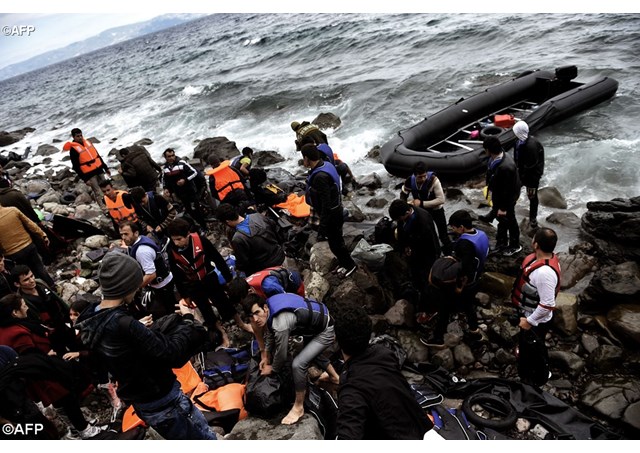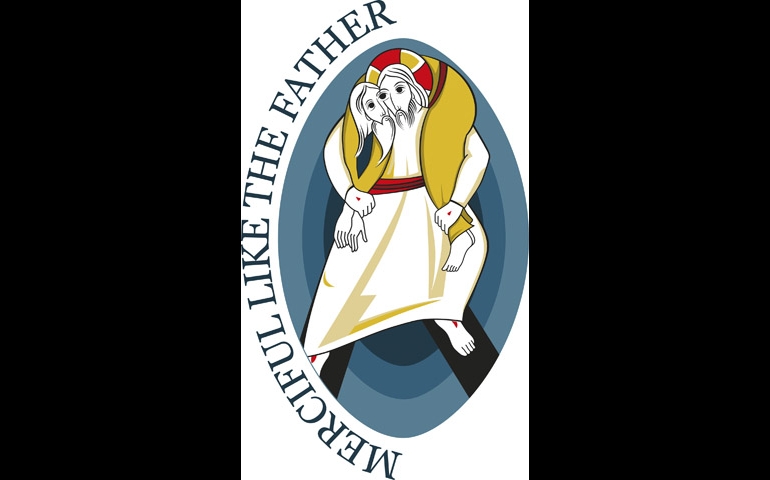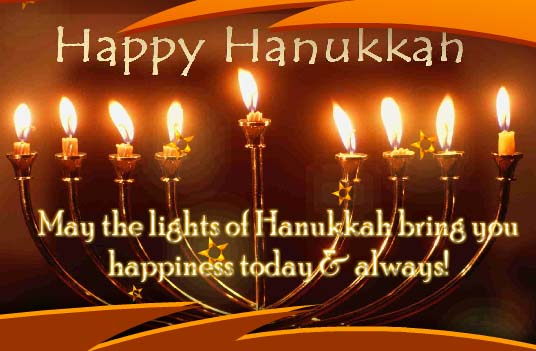
The theme chosen by Pope Francis for 2016 is “Migrants and Refugees Challenge Us. The Response of the Gospel of Mercy.”
“The tragic stories of millions of men and women daily confront the international community as a result of the outbreak of unacceptable humanitarian crises in different parts of the world,” writes Pope Francis.
“Indifference and silence lead to complicity whenever we stand by as people are dying of suffocation, starvation, violence and shipwreck,” he continues. “Whether large or small in scale, these are always tragedies, even when a single human life is lost.”
“The Church stands at the side of all who work to defend each person’s right to live with dignity, first and foremost by exercising the right not to emigrate and to contribute to the development of one’s country of origin. This process should include, from the outset, the need to assist the countries which migrants and refugees leave. (Vatican Radio)
The head of the UN refugee agency, UNHCR, has urged European leaders to set up a « massive » refugee settlement programme. Antonio Guterres was speaking as a new UN report warned that the number of forcibly displaced people worldwide would « far surpass » a record 60 million this year. (Source: BBC News email, December 18, 2015)

 In this period of waiting, of e x p e c t a t i o n , the words of Henri Nouwen are very appropriate.
In this period of waiting, of e x p e c t a t i o n , the words of Henri Nouwen are very appropriate.
 ok at this picture, you read the text, you go from one layer to the other and you think to yourself: ‘Something is missing! Where is… JOY?’
ok at this picture, you read the text, you go from one layer to the other and you think to yourself: ‘Something is missing! Where is… JOY?’




 The United Nations is committed to fighting against slavery and considers bonded labour, forced labour, the worst forms of child labour and trafficking people as modern forms of slavery.
The United Nations is committed to fighting against slavery and considers bonded labour, forced labour, the worst forms of child labour and trafficking people as modern forms of slavery.